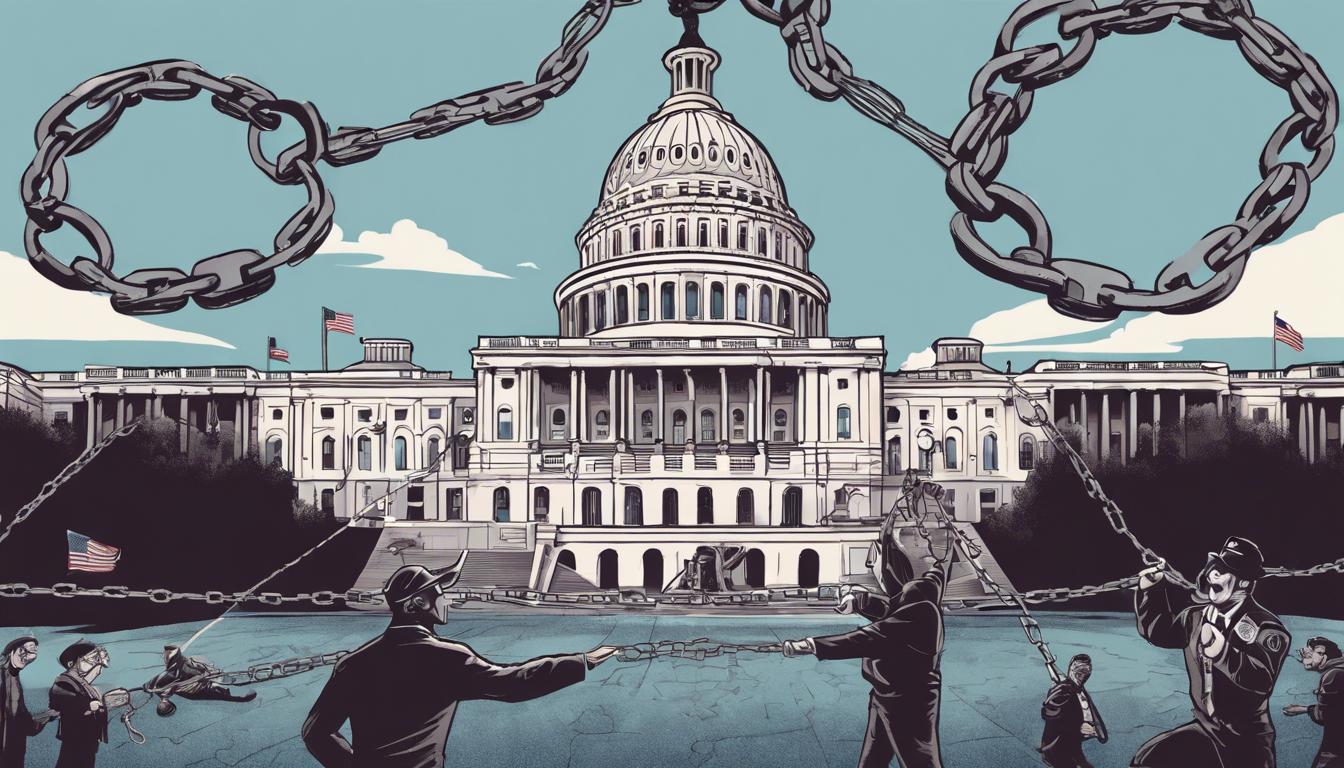Legislation aimed at forcing ByteDance to divest TikTok due to addiction, mental health, and national security risks moves to the Senate, reflecting bipartisan urgency over the app’s influence and potential foreign interference.
The US House of Representatives has recently passed legislation aimed at addressing concerns surrounding TikTok, the popular social media app owned by the Chinese company ByteDance. The bill, which now moves to the Senate for approval, stipulates that ByteDance must divest TikTok to a US-based entity or face a potential ban in the United States. This legislative move underscores growing apprehension about the app’s addictiveness, its impact on users’ mental health and academic performance, and particularly the national security risks associated with its Chinese ownership.
The bipartisan support for the bill, along with backing from President Joe Biden, reflects the urgency of mitigating TikTok’s broad influence, which extends to potential effects on electoral processes. The platform’s algorithm has been criticized for exploiting human psychological vulnerabilities, fostering compulsive usage, especially among younger demographics. These concerns are compounded by fears that TikTok could serve as a conduit for foreign interference in American democratic institutions.
The legislative efforts come in the wake of a heightened scrutiny of digital platforms and their role in shaping public discourse and democracy. While some critics argue that the perceived threats from TikTok are overstated, there is a growing consensus on the need for a regulatory framework that balances the protection of creative expression with the imperatives of national security and individual well-being.
As the discussion advances to the Senate, the wider implications for the digital landscape and the safeguarding of democratic principles in the information age remain pivotal points of consideration. The situation with TikTok highlights the challenges faced in regulating global digital platforms and the importance of establishing mechanisms to prevent potential foreign influence and ensure the cognitive liberty of users.













